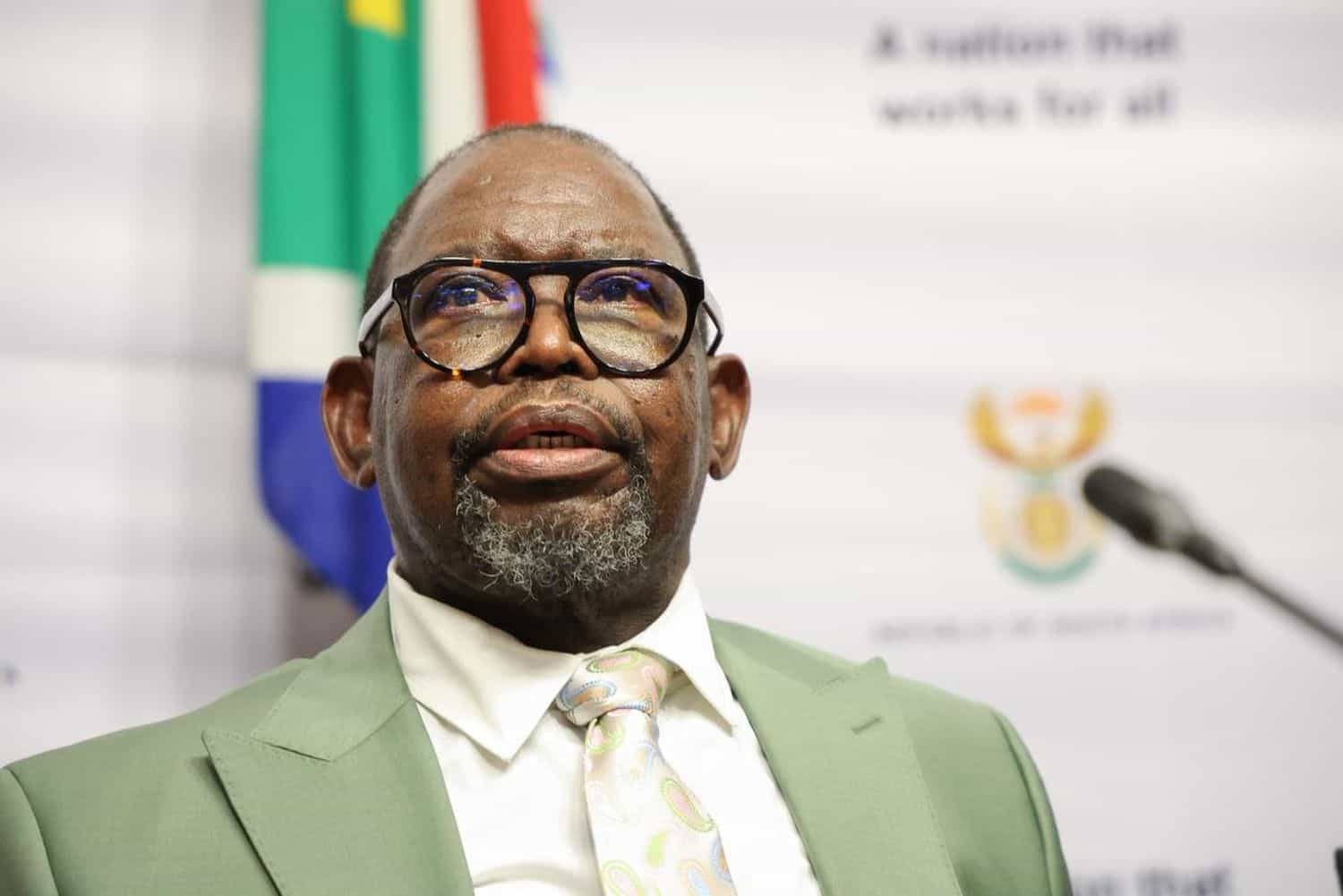Illicit cigarettes trade has grown to 75% in 2025 from 19% in 2014.

Minister of Finance Enoch Godongwana has expressed concern about the rising rate of illicit trade, stating that the money lost to the black market could have been used by the government to avoid raising taxes.
Delivering the Medium-Term Budget Policy Statement (MTBPS) on Wednesday in Cape Town, Godongwana said illicit trade remains a major concern, as it keeps growing each year.
“South Africa faces a problem of illicit trade that threatens our economy, endangers consumers and robs the fiscus of billions in revenue,” he said. “The growing markets for illicit cigarettes and alcohol pose a serious risk to public health and undermine legitimate businesses.”
ALSO READ: Two arrested in Free State for possession of illicit cigarettes worth more than R1 million
How illicit products hurt the economy
Referring to the South African Revenue Services’ (Sars) data, he said government has lost at least R40 billion in excise revenue to the illicit cigarette market since 2020. Similar amounts have also been lost to illicit alcohol and fuel.
Godongwana highlighted that these billions of rands could have been used to avoid tax increases. “Each year, billions of rands in taxes go uncollected, funds that could have closed our revenue gap and avoided tax increases entirely.”
He noted that the growing black markets for illicit cigarettes and alcohol not only hurt the country’s economy, but they pose a serious risk to public health and undermine legitimate businesses.
Clamping down on illegal trade
Godongwana applauded the government for the efforts it has made in combating thetrade of illicit cigarettes in the country. “Government is clamping down on this illegal trade. In the last six months, Sars suspended three licences for non-compliant tobacco production,” he said.
He noted that investigations have revealed there are syndicates working to grow the black market.
“The Financial Intelligence Centre (FIC) has provided intelligence reports to Sars to assist in investigations of criminal syndicates,” said Godongwana. “Together they have identified illicit markets in tobacco, precious metals, fuel and procurement fraud.”
He, however, called on customs officials to fulfil their duty to prevent criminals from dodging taxes and flooding South Africa’s markets with dangerous products.
ALSO READ: Sars fights on, as illicit trade ‘devastates’ SA’s fiscus
Cigarette black market grows
Sars Commissioner Edward Kieswetter recently told parliament’s portfolio committee on health that the illicit cigarette trade has grown to 75% in 2025 from 19% in 2014. He was making reference to data gathered by an independent research from the University of Cape Town, Ipsos, and Tax Justice SA.
Between 2020 and 2022, Sars lost about R84 billion in excise tax revenue. He noted that criminal syndicates are exploiting porous borders, weak enforcement and the Covid lockdown disruptions to entrench dominance.
“We are confronting industrial-scale criminality involving sophisticated financial flows, front companies and complicit enablers across sectors – including banking and logistics,” Kieswetter said.
Between April 2024 and September 2025, Sars conducted 576 seizures worth R265 million, suspended multiple manufacturing licences and referred 86 criminal cases for prosecution.
These efforts have already yielded R6.1 billion in recoveries and three convictions with custodial sentences of up to 10 years.
Illicit trade driven by syndicates
The divisional commissioner for visible policing and operations, Lieutenant-General Maropeng Mamotheti in October said illicit trade is driven by syndicates that span five tiers, from financiers and manufacturers to smugglers, distributors, dealers and consumers, linked to drug trafficking, human smuggling and money laundering.
Zimbabwe, Mozambique and Botswana have been identified as primary source countries for illicit cigarettes, with entry through compromised border posts such as Beitbridge, Lebombo and Skilpadshek.
She said informal retail outlets, especially spaza shops operated by foreign nationals, have become central to the distribution chain, supported by covert manufacturing sites, storage facilities and transport networks.
NOW READ: Illicit goods worth R1.7 million intercepted at Botswana border post
Support Local Journalism
Add The Citizen as a Preferred Source on Google and follow us on Google News to see more of our trusted reporting in Google News and Top Stories.








